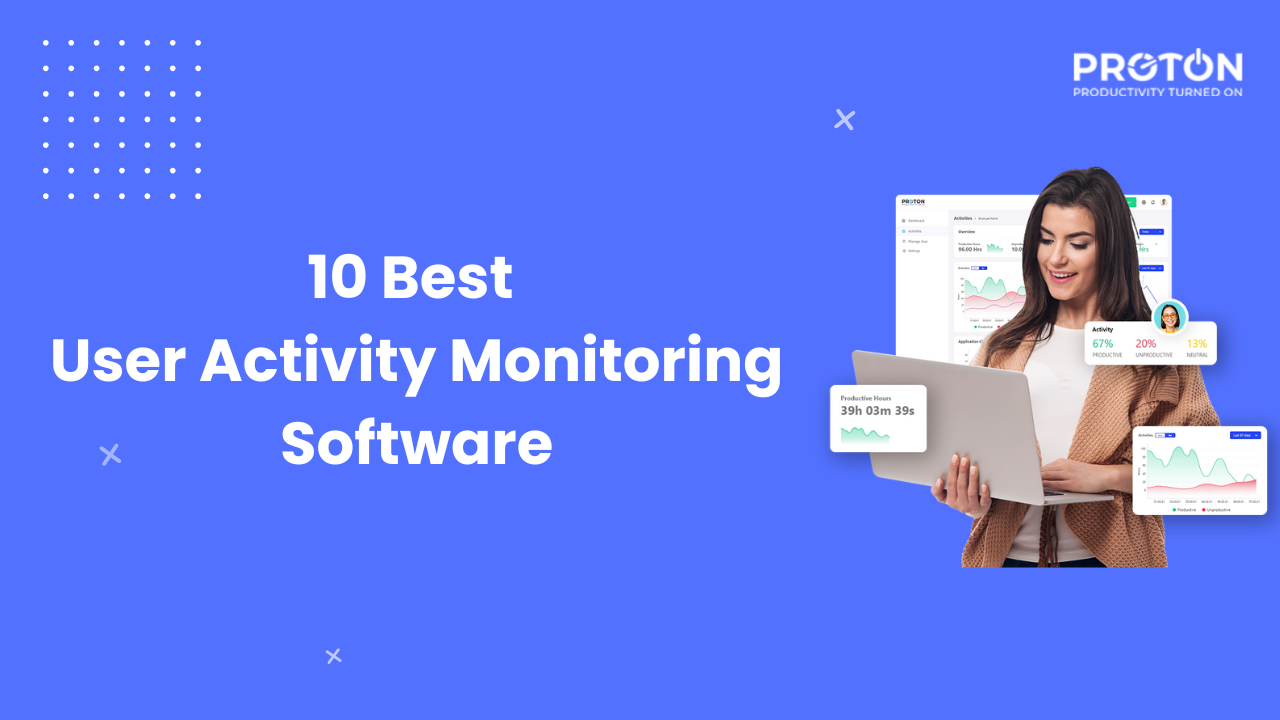AI is changing how we work from home or anywhere else. It gives us tools to stay on top of our game and keep in touch, no matter where we are.
Remote work is the new normal for many of us. But without the office setup, how do we keep up our productivity?
Understanding Remote Work Challenges
Working from home has its ups and downs.
Here are some of the most common challenges employees face with remote work:
- Communication Barriers: Navigating different time zones and virtual communication can be tricky.
- Distractions at Home: It’s challenging to stay focused with household distractions.
- Isolation: Working remotely can sometimes feel lonely without in-person interaction.
- Overworking: Without clear boundaries, it’s easy to work longer hours.
- Technical Issues: Dealing with internet connectivity or hardware problems can disrupt work.
Leveraging AI for Remote Communication
AI is changing how we communicate in remote work settings.
For example, AI-powered video conferencing platforms can dynamically adjust screen layouts to ensure all participants are visible and engaged.
AI-powered tools are also transcribing meetings in real time and providing summaries so that you can focus more on the discussion and less on note-taking.
Plus, AI improves the home-based work experience by reducing background noise and optimizing lighting during video calls.
Enhancing Time Management with AI
AI is helping remote workers organize their schedules, set priorities, and even predict how long tasks will take.
For example, AI can analyze your work patterns and suggest optimal times for focused work or breaks. It can also integrate with your calendar to automatically schedule meetings at times that suit all participants. With AI, you can get reminders for important tasks and deadlines, so you’re always on top of your work.
Proton, a productivity intelligence tool, is an excellent example of AI enhancing time management. It offers accurate time-tracking data and insights, making it ideal for remote and hybrid work environments.
With Proton, businesses can ensure their remote workforce remains productive and efficient.
Automating Repetitive Tasks
One of the biggest advantages of AI is its ability to automate repetitive tasks. It means you can spend less time on mundane activities like data entry or sorting emails and even some aspects of customer service and more time on creative and strategic work.
AI can handle these routine tasks quickly and accurately, freeing your time for more important things.
Personalizing Learning and Development
AI can recommend courses and resources based on your skills and career goals. AI can also track your progress and adapt the learning material to suit your pace and style, making learning more efficient and effective.
For example, AI-powered learning platforms can suggest specific courses or resources to help you develop the skills you need for your role. They can also adapt the pace and format of the content to suit your learning preferences.
Supporting Remote Well-being with AI
AI can monitor your work habits and connect you with virtual wellness coaches.
AI-powered wellness apps can remind you to take breaks, practice mindfulness, or engage in physical activity based on your work schedule and habits.
Some apps even use AI to provide personalized stress management techniques or connect you with virtual therapy services, helping you maintain your mental health while working remotely.
Data Security and Privacy Considerations
Data security and privacy are crucial concerns as remote work becomes more common. AI can play a significant role in protecting sensitive information, but it’s essential to use it responsibly.
Here’s how AI is being leveraged for data security and privacy in remote work:
Encryption and Access Control
AI algorithms can enhance encryption techniques, making it harder for unauthorized individuals to access sensitive data. AI can also manage access controls, ensuring only authorized people can access certain information or systems.
Anomaly Detection
AI can monitor network traffic and user behavior to detect unusual patterns that may indicate a security breach. By identifying these anomalies in real-time, AI can alert security teams to potential threats before they escalate.
Automated Security Protocols
AI can automate the implementation of security protocols, such as patch management and vulnerability scanning. It ensures that systems are always up-to-date and protected against known threats.
Privacy-Preserving AI
AI can help implement privacy-preserving techniques, such as differential privacy, which adds noise to data to protect individual privacy while still allowing for meaningful analysis.
Regular Audits
AI can automate the process of conducting regular security audits, checking for vulnerabilities, and ensuring that data protection measures are up to date.
Conclusion
AI is making a big difference in how we work remotely. It’s helping us communicate better, manage our time, automate tasks, learn new things, and care for our well-being. And it’s keeping our data safe and secure.


